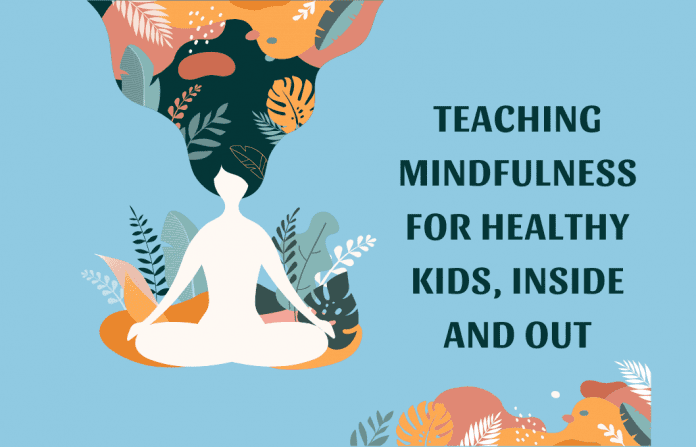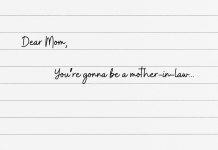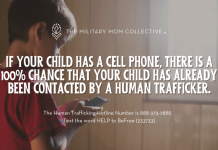While reading fellow contributor Rebecca Hurtley’s excellent post on self-love recently, I was reminded of the adage: you are what you think.
It occurred to me that in the practice of self-love, you really need to remember that simple phrase. Indeed, all of the helpful tips Rebecca gives at the end of her post come from within and focus on how we talk to ourselves.
The magnificent quote from Leon Brown that she ends her post with says everything you need to know:
It all begins and ends in your mind. What you give power to, has power over you, if you allow it.
Most of us are taught the Golden Rule at a young age: do unto others as you would have done unto you.
I think we should add: and while you’re at it, treat yourself the way you want to be treated too.
Keeping negative thoughts at bay, however, is not always easy. And if it’s hard for adults, imagine how hard it can be for kids.
A few years ago, I attended an outstanding workshop by Dr. Chris Willard on mindfulness. Rebecca’s post made me think about how being mindful of our thoughts. These thoughts are a key element to practicing self-love. If you are feeling negative, the negative thoughts are going to creep in, and it’s going to be hard to love yourself.
Rebecca fully acknowledges that the small changes she suggests in her post are not going to miraculously work over night, and that changing your thoughts takes a lot of practice.
But if you are mindful as a matter of habit, then maybe you can control your inner narrative. And if we teach our children to be mindful early on we can help them realize that they control their thoughts. Hopefully, this would lead to learning how to regulate their emotions; which will set them up for lifelong mental and emotional strength and balance.
Rebecca reveals that once she realized that she was in control of how she felt about herself, she would be the only one to determine how she was going to respond to challenging situations. That is such an important skill to master, and the sooner the better. I bet she is teaching that skill to her own children.
Being mindful of our thoughts and self-talk isn’t innate, however, which is why I found Dr. Willard’s workshop on teaching children mindfulness so valuable.
A Boston area psychologist, educational consultant, and mindfulness expert, Dr. Willard conducted his workshop in an endearing and self-deprecating fashion. He immediately engaged the group by alternately presenting his research-based strategies on teaching mindfulness to children and having us actually participate in a variety of activities. His methods incorporate all the things that kids love: art, sports, games, and music.
I attended this workshop at a school that specializes in kids with learning differences, which is an area where Dr. Willard saw an immediate need when he started his career in clinical psychology and education, witnessing first-hand the emotional difficulties that arise in frustrated kids with learning differences. He explained to us that he takes a holistic approach to both learning and teaching.
Dr. Willard instructed us to keep in mind the hard and fast rule of persuasion: show, don’t tell. He showed us how to link physiology and mindfulness by doing breathing exercises, playing tactile games, and paying attention to surroundings in ways that had never occurred to me. He also showed us how to engage children across all ages in these activities by making it fun and relevant.
I learned how to act, breath, emote, and think mindfully.
I learned different types of breathing such as ocean breaths and butterfly breaths.
I learned how to mix things up by “moving mindfully” and “feeling feelings.”
I learned how to engage all of the senses when he challenged us to notice a certain number of things we could see, hear, smell, or taste.
And the most valuable thing I learned from Dr. Willard is how to adapt mindfulness for all minds and circumstances and that taking control of our minds is possible for everybody.
If you missed Rebecca’s post on self-love over self-care, I highly recommend reading it. Show your children how to do this early on, and you will set them up for success.
If you want to learn more about Dr. Willard and mindfulness for kids, you can find him at here or on his Instagram. He also has many publications such as:
I’ll leave you with this gem he posted recently:
The best way to create stressed out, miserable kids is to surround them with stressed out miserable adults. But the best way to create mindful and compassionate kids is to surround them with mindful, compassionate adults.











